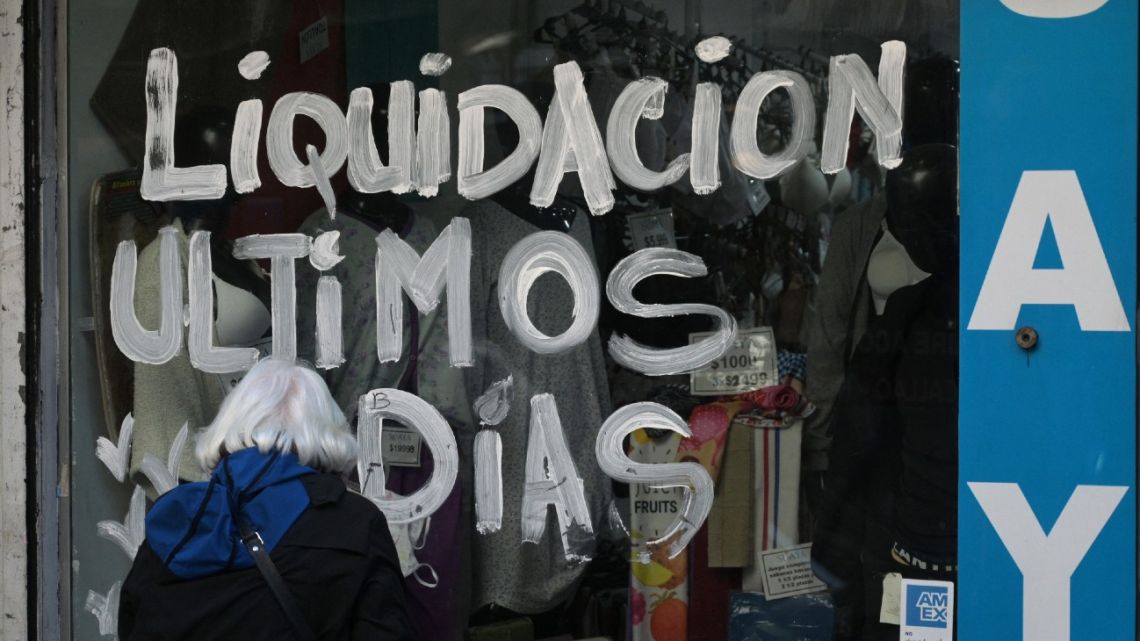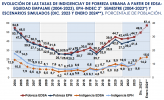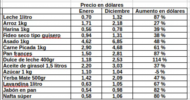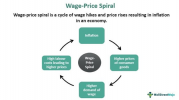El promedio es de USD 1.234 al tipo de cambio oficial. La brecha con otros países puede alcanzar el 30%, según un informe privado

www.infobae.com
It seems that Argentina has already regained its spot amongst the top of average wages in Latin America according to this published today.
"According to a report by Bumeran, the average salary (in Argentina) is USD 1,234, while in Chile the average is USD 1,139 per month, in Panama, USD 1,039; Peru, USD 864; and Ecuador, USD 811. Measured in MEP dollars, the average salary sought in Argentina is USD 1,137 per month, also above the regional average. It should be noted that Brazil and Uruguay were not included in the study."
"Meanwhile, Panama and Ecuador are the countries with the greatest wage stability from January 2021 to date. In contrast, Argentina experienced a sharp drop in wages during the last part of 2023, and has shown a recovery in wages in both official dollars and MEP dollars in the second half of 2024 , with the latter having grown the most in the year. However, this recovery is below the accumulated inflation."
The BA Times article and UBA study from the first post is refering to purchasing power versus the
minimum wage (which as we know, very few workers
en-blanco in Argentina actually earn). It is also worth pointing out that the BA Times articles states that YoY inflation is "currently at an annual 193%" which is largely attributed to the fall in purchasing power while failing to point out that this number is decreasing each month as monthly inflation for most of 2024 is now at the lowest level in years (e.g. in September 2024 the annual inflation was 209%).





